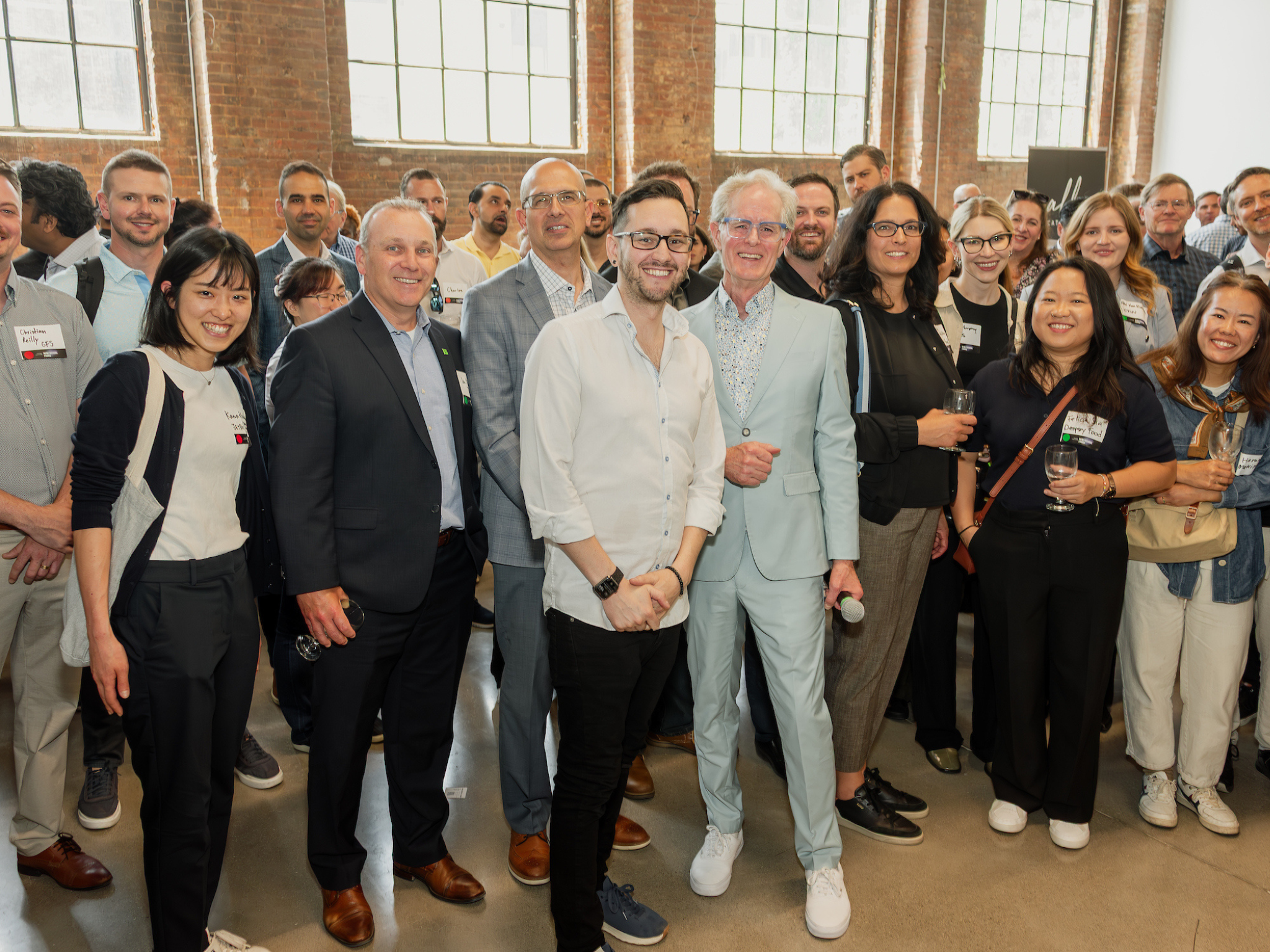
Canadian whole-cut plant-based meat maker New School Foods has expanded its business structure and diversified from salmon to beef.
Following months of aggressive expansion for its plant-based whole-cut salmon in Canada, New School Foods is now broadening more than just its foodservice footprint.
The Toronto startup has now evolved into NS/TX (New School Textures) Industries, an expanded business that acts as a parent to its R&D and manufacturing divisions, as well as the New School Foods consumer brand.
The move sees the firm expand its portfolio past seafood and into red meat, with NS/TX’s scaffolding process and directional freezing technology able to create not just whole-cut salmon fillets, but also steak and bone-in ribs.
Expanding the business will allow it to operate both as a producer and as a manufacturing partner to other companies looking to experiment and scale up without having to build from the bottom up.
“We have spent the last year scaling up our manufacturing process into an assembly line that can create all of these products, and we decided that we don’t want to reserve this technology for a single brand,” explained founder and CEO Chris Bryson.
“The creation of NS/TX allows us to partner with other brands to develop and manufacture the next generation of alternative protein products.”
NS/TX’s technology is ‘species-agnostic’
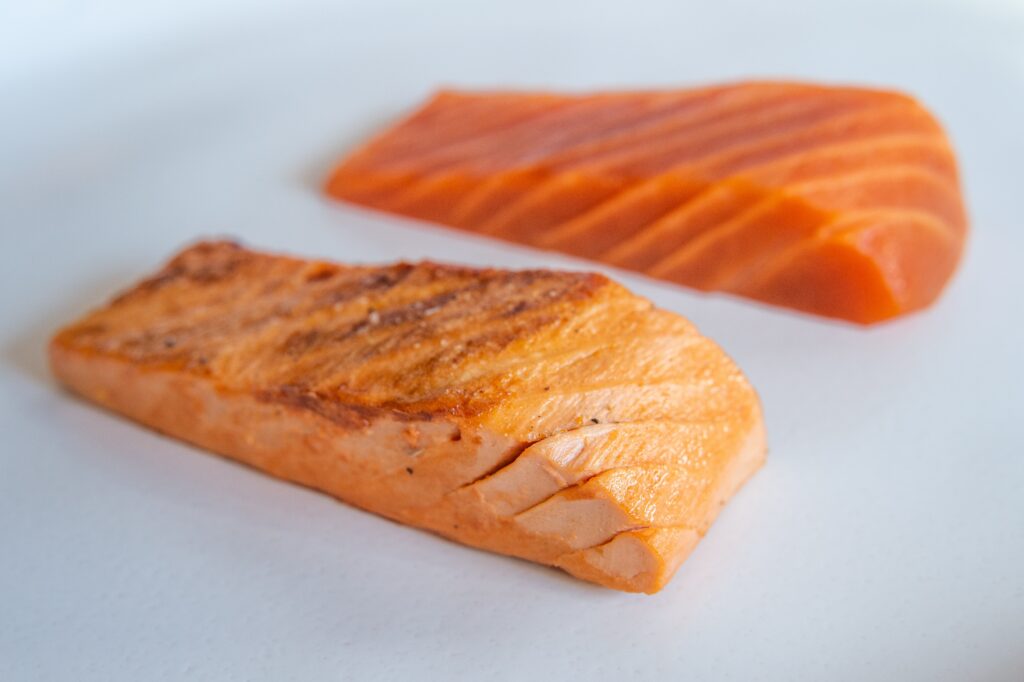
Instead of extrusion, a widely used technique in the industry that denatures proteins via heat, NS/TX employs directional freezing to allow products to start raw and cook like conventional meat.
The production method is built around a plant-based scaffolding that mimics animal muscle and connective tissues, with the same diameter, length, strength and behaviour. The layers of tissue are reproduced via a patent-pending injection process and give products a flaky texture.
The scaffold macrostructure can be made into any shape and size, and the texture can be modified by tuning the diameter, length and resistance of the muscle fibres to match any meat type. The pattern and composition of the connective tissue can also be customised, while the multi-layered scaffolds can be infused with “nearly any protein, liquid oil, flavour and colours”, the company explained.
NS/TX has previously described the platform as “species-agnostic”, hinting at its capabilities beyond seafood. Since the scaffolding can be used with plant-based, fermentation-derived or cell-cultivated proteins, it paved the way for the startup to enter B2B co-manufacturing and white-label partnerships.
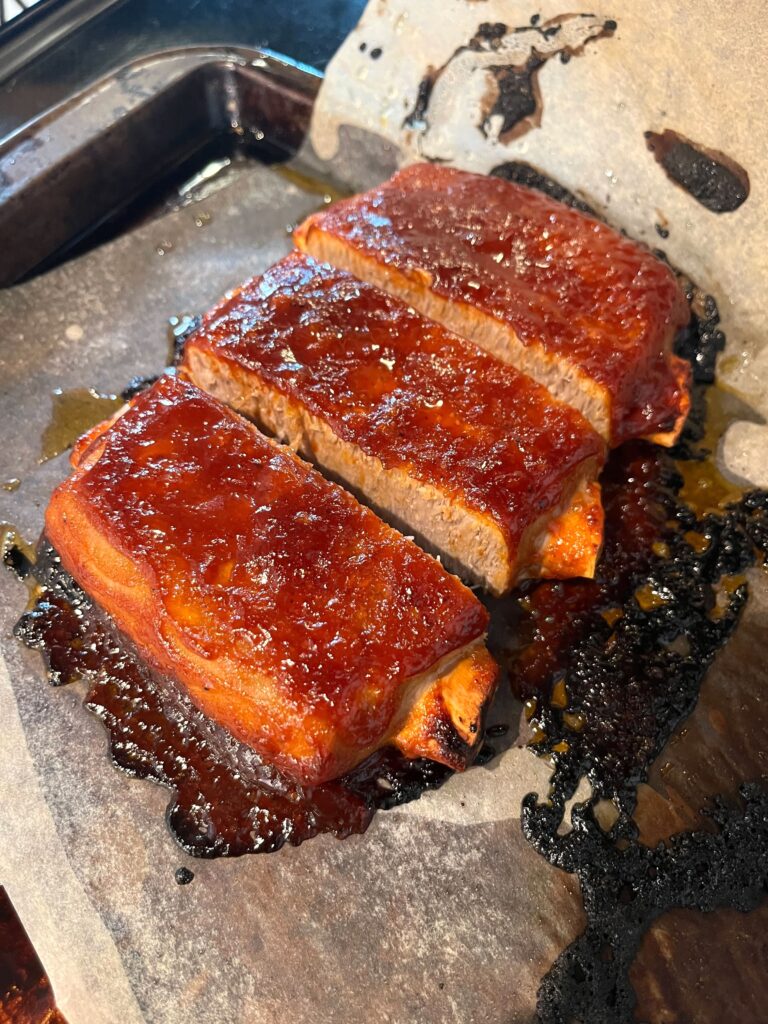
“Our scaffolding technology has proven to be more flexible than we imagined, and shown that it can be a superior manufacturing alternative to extrusion for red meat as well as seafood applications,” explained Bryson.
The scaffolds can be embedded with plant-based ‘bones’ to emulate steak and ribs, opening up a new avenue for the company. Slovenia’s Juicy Marbles made a splash in 2023 when it launched vegan Baby Ribs with edible bones, which were made from the byproducts of plant protein production.
In addition, NS/TX is utilising waste, finding that the excess material from shaping its whole cuts can form products like ground or flaked meats and fish. “We recently started processing the waste from our cutting process, and turned it into a salmon burger. We soft-launched it last month, and it’s doing super well,” Bryson told Green Queen last month.
Evolved company pulls focus on manufacturing and R&D
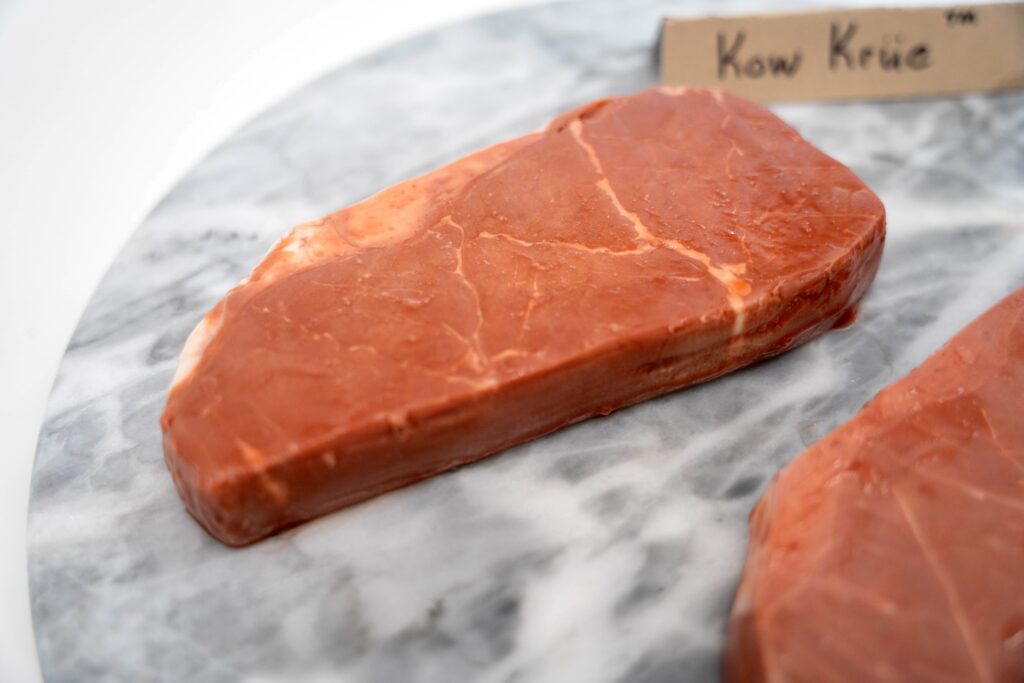
Founded in 2021, NS/TX carries out all its R&D, engineering and production at its recently opened 28,000 sq ft facility in Toronto, using off-the-shelf food manufacturing equipment that significantly lowers costs compared to extrusion or cellular agriculture.
This year, the company has signed agreements to bring its whole-cut salmon to over 30 restaurants across Canada, spanning Michelin Guide standouts, boutique hotels, ramen and sushi shops, and emerging chains. It has penned distribution deals with Gordon Food Service, the largest family-operated food distributor in North America, and speciality food purveyor Bondi Produce.
Now, it’s moving into its next phase with the evolved entity, which houses three business units. New Schools Foods is the consumer-facing brand through which it will produce the salmon and beef analogues.
NS/TX R&D will feature a scientific and culinary innovation team that collaborates with other companies to develop custom formulations and products using its technology.
And NS/TX Manufacturing will open up its tech to a wider clientele, working with other food companies to develop and scale private-label, white-label and co-branded offerings. This division will be rolled out over time.
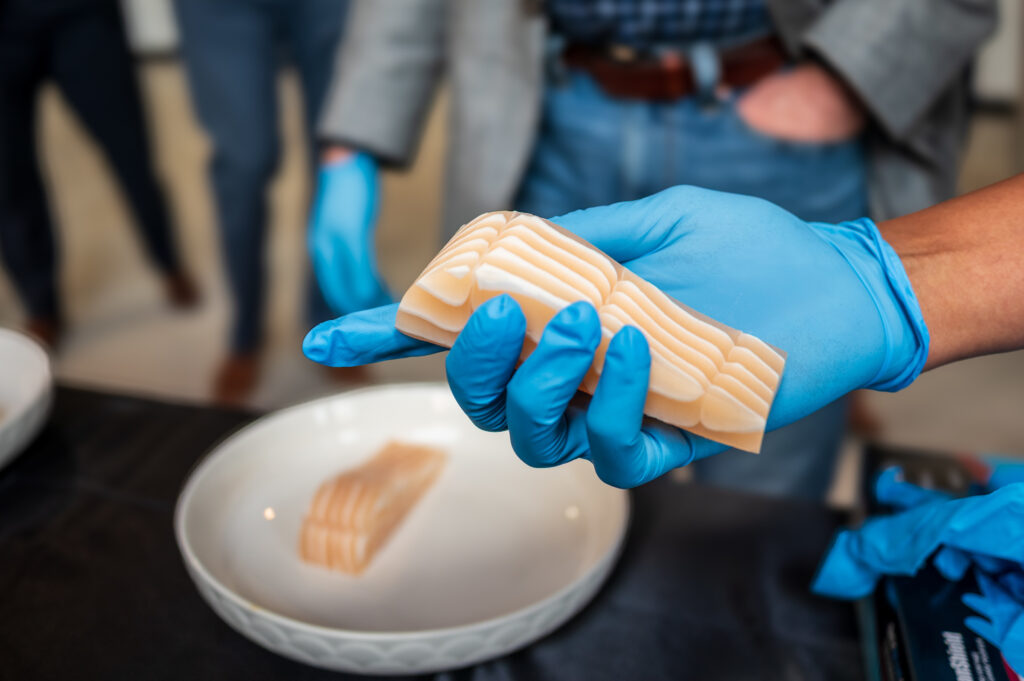
The firm has raised upwards of $19M to date, including via a $6M funding round led by Inter IKEA, the holding company of the furniture giant, last year. That came during the ongoing investment drought for alternative proteins, where startups attracted 27% less capital in 2024 than the year before.
“The 2018-19 era showcased that there is indeed demand for more sustainable foods. We also see that all the time in our sales process. The problem is that there is an R&D and product quality gap, and customer expectations have not been met,” Bryson told Green Queen last month.
“At the end of the day, there needs to be a compelling value proposition for customers, and many products are just not there yet. Through proper investments in R&D and newer production technologies like ours, that can be solved.”
The post Canada’s New School Foods Expands Into Plant-Based Beef Under New Entity appeared first on Green Queen.
This post was originally published on Green Queen.